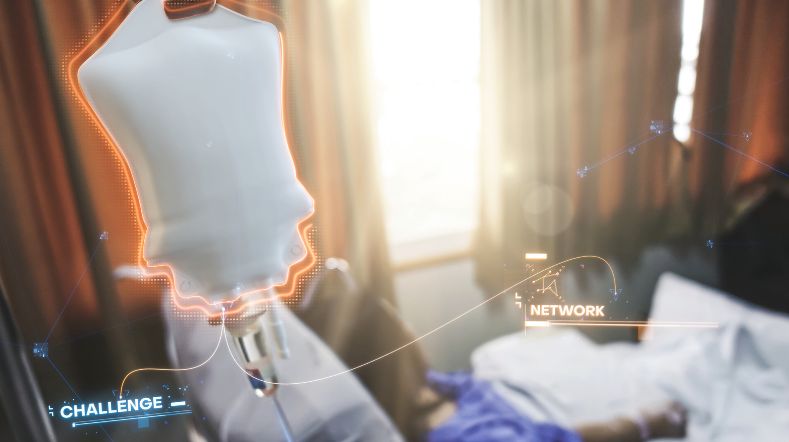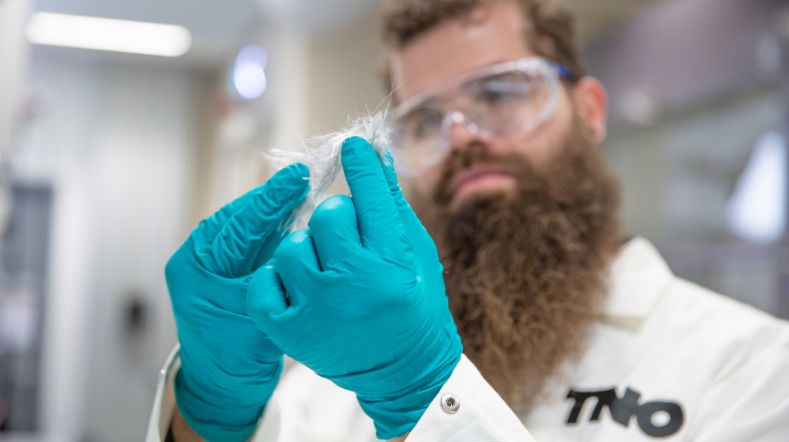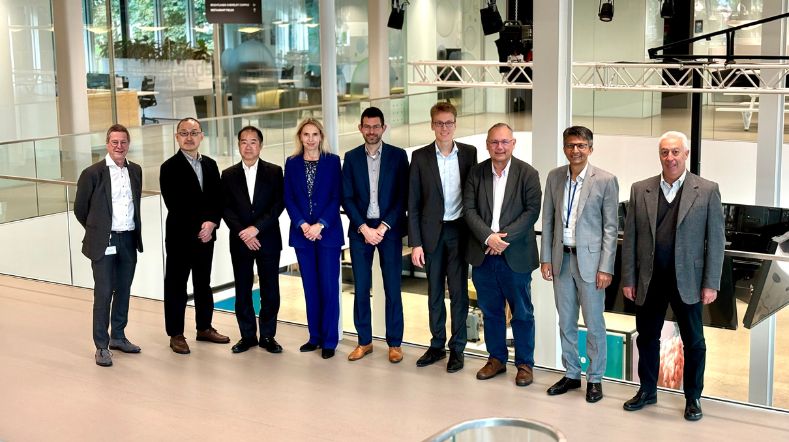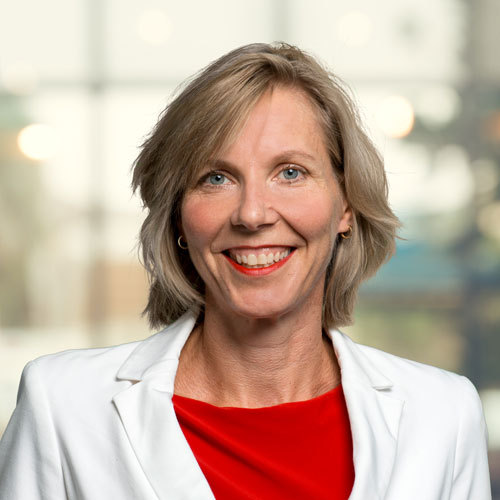Webinar: From #plasticfree to future-proof plastics
What does a future-proof, circular, and sustainable plastic economy look like? And what role do plastics play in it? On June 5th, we're co-hosting a webinar with Fraunhofer UMSICHT, 'From plastic-free to future-proof plastics', where we'll share insights from our whitepaper 'How a future-proof, circular and sustainable plastics economy should look like'. Register now and join the discussion!
- Startdatum:
- Time:
- 13:00 - (CET)
- Location:
-
Online, virtual event
- Costs:
-
Free of charge
The drawbacks and benefits of plastics
Plastics are shrouded in controversial debates. While manufacturers highlight their benefits, more and more stakeholders refer to the problems associated with them.
TNO and Fraunhofer UMSICHT conclude that plastics will and should remain an important part of our economy and our daily lives. Therefore, their use must be carefully considered, their disadvantages eliminated and their impact on the environment mitigated.
In the webinar on June 5, 2023 the institutes present the results of their white paper: How a future-proof, circular and sustainable plastics economy should look like.
To do so, they addressed manifold questions, such as:
- In which applications can plastics be refused or replaced?
- How do plastics need to be designed, used and recycled in the future?
- How can we take advantage of plastics' benefits while solving their drawbacks?
- Does the solution help in reaching the overarching goals: Achieve climate neutrality, zero pollution and technological sovereignty?
- What actions need to be taken?
All these questions are answered from an independent point of view based on trusted data.
Programme webinar
Introduction and moderation
By: Prof. Dr.-Ing. Manfred Renner Head of Institute Fraunhofer UMSICHT
The drawbacks and benefits of plastics
By: Dr.-Ing. Stephan Kabasci Strategic Project Development Circular Economy (Fraunhofer UMSICHT)
The future plastics economy – from hierarchy to strategy
By:
- Dr. Jan Harm Urbanus Senior Scientist (TNO)
- Dipl.-Ing. Jürgen Bertling (Fraunhofer UMSICHT)
Transitions to a sustainable circular plastics economy, actions to be taken
By: Dr. Esther van den Beuken (TNO)
Questions and Answers
Q&A: Get answers to your questions.
Get inspired
Biobased plasticizers: from compliance to competitive edge


Early results show the potential of circular healthcare plastics


Enhanced solvolysis contributes to the future of composite recycling


Collaboration for sustainability: better results through joint innovation


